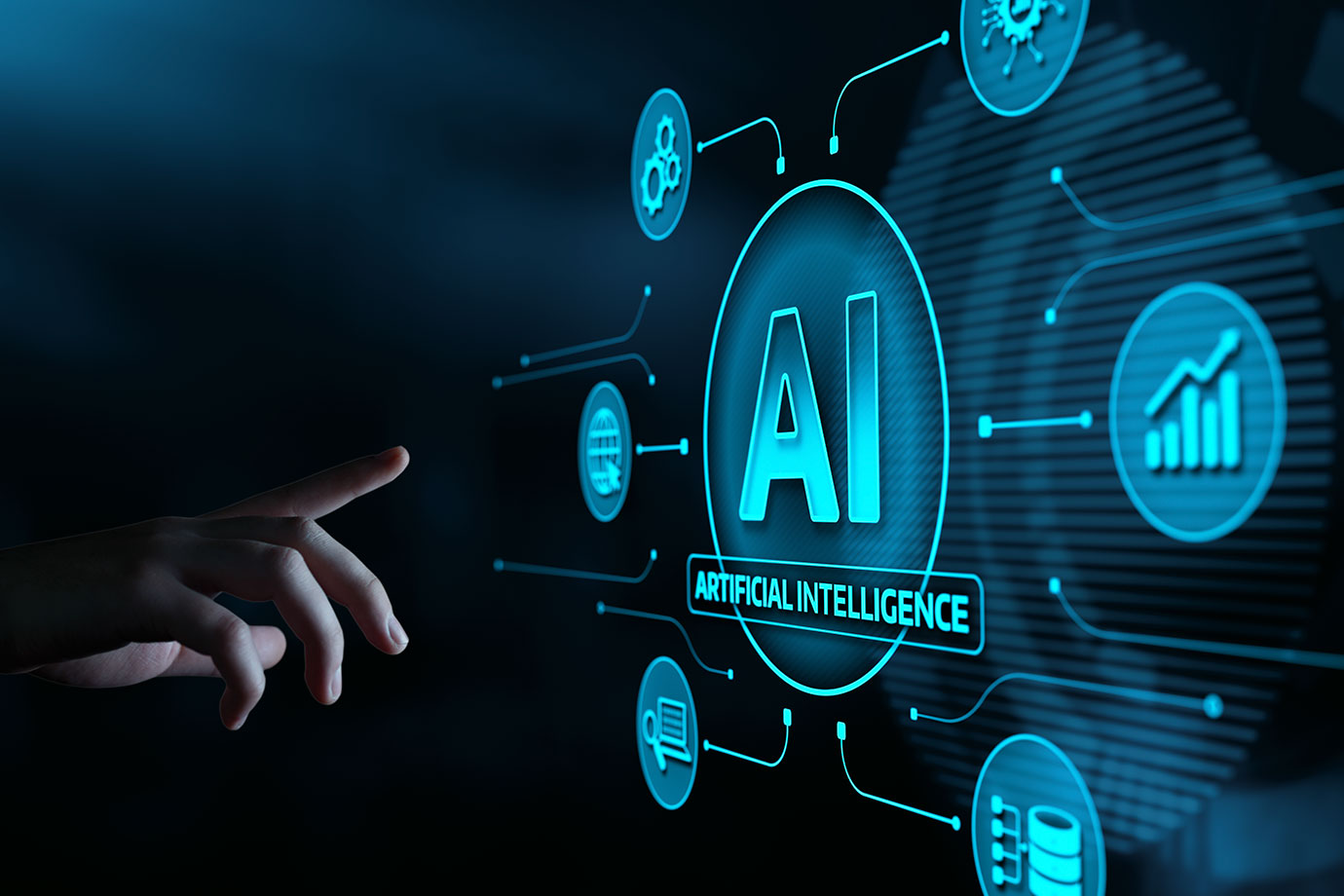Everything to Know About Blockchain Application Development

30 Jan 2025
Everything to Know About Blockchain Application Development Blockchain application development comprises the development of software solutions for specific business problems on a blockchain. Developing clearer and more precise operations for cross-industrial marketplaces, blockchain technology grants secured and decentralized solutions to reach economic efficiency. As businesses are beginning to cross-solve complex problems by applying the technology, an understanding of the fundamentals of blockchain application development is becoming indispensable. This guide attempts to cover these topics in a detailed manner, touching on the very basics, tools, services, and real applications.
What is a Blockchain Application Development?
Blockchain application development takes advantage of blockchain's unique characteristics such as immutability, transparency, and decentralized consensus, while also employing distributed ledger technologies (DLT) to eliminate central authority, and improve data security, and trust.
To put it simply, this means blockchain applications are software that rely on blockchain protocols to produce strong and innovative solutions for real-life problems in many different sectors.
Libraries and Tools for Blockchain Application Development
Blockchain development thrives on a suite of specialized tools and libraries that simplify the process and enhance functionality. Below are some key technologies:
| Technologies | Functionalities |
|---|---|
| JavaScript | A versatile programming language for creating dynamic and secure blockchain applications. |
| Solidity | A primary language for writing smart contracts on Ethereum |
| Rust | Known for its memory safety and high performance, ideal for blockchain systems |
| Solana | A framework for high-speed and scalable blockchain applications. |
| Substrate | Enables developers to build customized blockchains with ease. |
| Trading Bots | Automated tools for executing trading strategies in blockchain-based finance. |
| Node.js | Supports backend development with asynchronous capabilities. |
| Docker | Simplifies deployment and ensures consistency across environments through containerization. |
| Bash Scripting | Automates repetitive tasks in blockchain development workflows. |
| Linux | Provides a stable and secure operating environment for blockchain systems. |
| Nginx | Enhances scalability and load balancing for blockchain applications. |
| TheGraphQL | A querying tool for efficient data interaction within blockchain systems. |
| React | Powers intuitive and responsive user interfaces for blockchain applications. |
These tools empower developers to create secure, scalable, and efficient blockchain solutions tailored to specific business needs.
Real-Life Applications of Blockchain Technology
Blockchain’s versatility is evident in its widespread adoption across various industries. Below are some notable applications:
1. Education
Blockchain ensures the secure storage and instant verification of academic credentials, reducing fraud. It also powers learning management systems, streamlining the sharing and tracking of educational resources.
2. Government
Governments are leveraging blockchain for transparent voting systems and maintaining tamper-proof land registries, simplifying property transactions.
3. Business
Supply chain management benefits greatly from blockchain, offering real-time tracking and transparency. Additionally, blockchain enables secure and cost-effective payment processing across borders.
4. Healthcare
The confidentiality of patient records is secured on the blockchain, while also allowing for interoperability. Furthermore, it tracks the pharmaceutical supply chain in order to prevent counterfeiting and ensure drug authenticity.
5. Finance
In finance, blockchain supports lending, borrowing, and trading on decentralized financial (DeFi) applications without intermediaries. The prospects of fraud in transactions are reduced by its transparency and immutability.
6. Supply Chain
Blockchain tracks the product's origin and journey to ensure ethical sourcing, while also automating operational improvements for increased efficiency.
Blockchain Development Platforms
Blockchain development platforms constitute the foundation for building applications. Below is a deeper look at some major platforms:
Ethereum:
A first mover in blockchain technology, Ethereum gives strong support to smart contracts allowing developers to build decentralized applications efficiently. It has an enormous ecosystem with an active developer community.Hyperledger Fabric:
Hyperledger Fabric is a modular blockchain framework, suitable for industrial applications. Being permissioned, it allows only authorized parties to participate in the network, making it ideal for industries like finance and healthcare.Solana:
With its fast transactions and low fees, Solana proves to be convenient for the development of scalable applications. Its architecture supports parallel transaction processing, thus setting it as a strong contender for high-performance blockchain solutions.Substrate:
Parity Technologies-developed Substrate eases the creation of custom blockchains. Its modular framework lets developers configure features based on specific business requirements, assuring flexibility and efficiency.
Possible Future Applications for Blockchain
Blockchain, in any case, has the potential for a much wider application than what is currently being considered; emerging are:
Carbon credit management:
Blockchain can help in tracking and verifying carbon offsets, thus emphasizing transparency in environment-saving measures. Companies could employ the advantage of decentralized ledgers to transport carbon credits efficiently.Digital identity:
With the ever-increasing scope of digital frauds, blockchain provides a secure avenue for the tamper-proof creation of digital identities securing personal verification, management of access, and other applications.Decentralized storage:
With blockchain, data storage can be rendered safely and in a distributed manner, minimizing reliance on centralized servers and providing complete resilience from any cybersecurity ruthless attacks.Healthcare Data Management:
Blockchain will keep patient data safe during transfer among healthcare providers thereby coordinating care with privacy concerns.The Smart Cities:
Through decentralized resource management, blockchain can enable more efficient decision-making relative to urban planning, from electricity and water to waste management.
Conclusion
The development of blockchain implementation represents the landmarks of technological innovation and offers an unparalleled opportunity for transformation across various industries. Enterprises can readily develop production applications suited for domains using tools and technologies such as JavaScript, Rust, Solana, and Docker to ensure reliability. From healthcare to finance to supply chain management, blockchain is bringing in a tomorrow that is enhanced with transparency and efficiency along many fronts.
Start exploring the blockchain with NanoByte Technologies and unlock the world with decentralized solutions.





